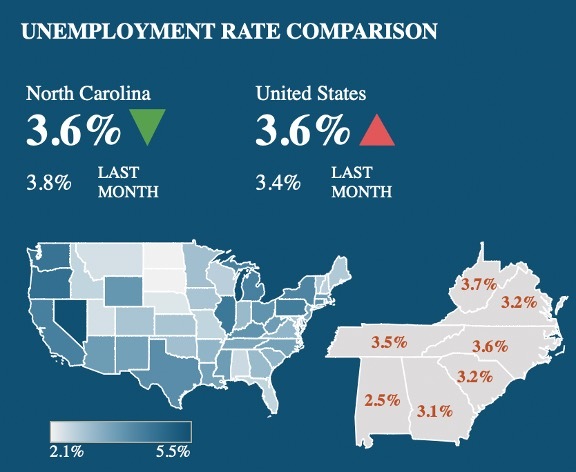In what will come as a surprise only to economically-challenged progressives, a new working paper from the National Bureau of Economic Research finds that the enhanced federal unemployment benefits last year slowed the return to work.
Federal legislation authorized two such programs through September 6, 2021, but, as the study notes, 26 states chose to opt out of at least one program before that date. Eighteen states opted out of both programs in June 2021.
After analyzing the labor market data, the study found that in states that terminated both programs in June 2021, “the share of 25-to-54-year-old unemployed workers who found employment rose by about 14.4 percentage points in July and August 2021 relative to the share in states that maintained both programs.”
Also of note, the study found “There is no differential trend in unemployment exits across the two groups of states until July and August,” when the enhanced benefits were terminated in select states. Furthermore, the study found that the gap in employment “disappeared again in September 2021, when all states had eliminated both programs.”
The evidence therefore strongly suggests that the overriding factor in some states experiencing sharper and more rapid rise in employment last year was the early termination of the enhanced unemployment benefits. Indeed, the authors posit that if all states had ended the enhanced benefits in June, the national unemployment rate would have been 0.3 percentage points lower in both July and August.
In short, when you pay people not to work, you end up with more people not working.
Economic laws are not subject to a vote, don’t care about your feelings, and are unbreakable. Policymakers ignoring them put us all in peril.


